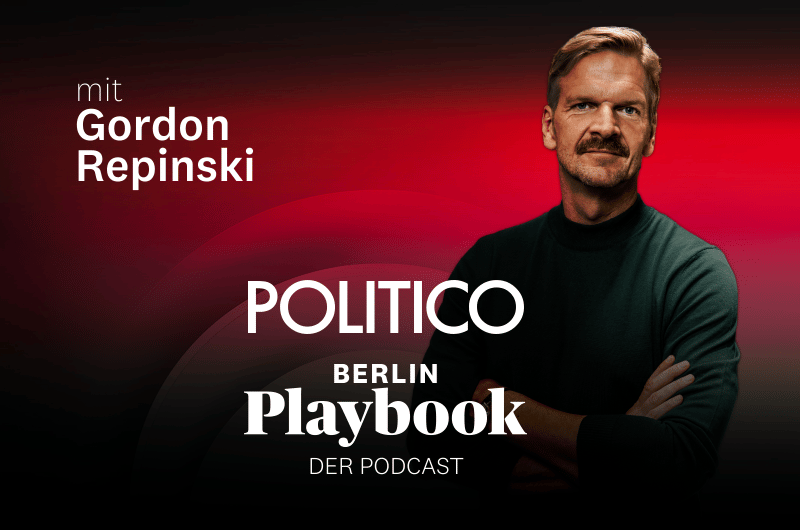

In a world filled with intricate economic and political landscapes, the balance between cooperation and conflict walks a fine line. Currently, several pivotal events mark key areas of international focus. From substantial fiscal strategizing in Europe to the simmering tensions and resolutions between superpowers like the United States and China, these developments hold significant implications for global relations and economies.
In Germany, discussions around the fiscal budget extend well into the future, setting the stage for comprehensive financial planning. The German government’s cabinet recently debated a financial framework that stretches until 2029, uncovering a considerable fiscal gap amounting to over 170 billion euros. This ambitious plan calls for meticulous strategies to address these financial shortfalls. Political analysts like Rasmus Buchsteiner and Gordon Repinski delve into the discussions within Germany’s coalition government, examining the unique challenges and solutions being proposed. Key voices, such as Andreas Audretsch, a budget expert from the Green Party, have openly critiqued the government’s tax policies, signaling the diverse opinions that shape these crucial dialogues.
Across the Atlantic, the United States finds itself grappling with its position on the global stage, particularly in comparison to China, a rapidly advancing economic entity. There is a palpable sense of urgency for Washington to recalibrate its strategies and policies to avoid being overshadowed, not just by Beijing but potentially by other emerging global powers. This moment calls for introspection and swift adjustments to maintain and strengthen its international influence.
Further adding to the complexity of U.S.-China relations, recent trade talks highlight the delicate dance of economic diplomacy. Recent negotiations in Stockholm, aimed at resolving ongoing trade disputes, ended without a comprehensive breakthrough. However, there is a tentative agreement to extend the current tariff truce. This pause in escalating tariffs, effective until mid-August, reflects a mutual, albeit temporary, commitment to dialogue over confrontation. Such extensions require the approval of key figures like former President Donald Trump, pointing to the intricate dance of policy and personalities that often accompany high-level negotiations.
Amid these economic discussions, political tensions are also at play, with issues of statehood and recognition adding another layer of complexity. The question of Palestinian statehood remains a contentious point, particularly in the realm of international diplomacy. European leaders, including those from France and the United Kingdom, have voiced their positions strongly, with France leaning towards recognition of Palestine and the UK flexibility contingent on Israel’s political movements. The United States, under the previous administration’s influence, approaches the subject with caution, reflecting broader geopolitical calculations.
The global landscape, marked by strategic financial planning and protracted negotiations, underscores the intricate tapestry of contemporary international relations. From European fiscal challenges to the strategic partnerships and rivalries of the U.S. and China, these aspects highlight a broader narrative of emerging complexities in globalization. As nations navigate these waters, the importance of collaboration, thoughtful diplomacy, and strategic foresight becomes clear, offering pathways to stability and mutual progress.
This period of financial scrutiny, diplomatic dialogues, and trade negotiations illustrates the intricate interplay of national interests and global cooperation. The ongoing commitment to understanding and addressing these challenges plays a pivotal role in crafting a sustainable future, where economic vitality and political stability converge harmoniously. As international communities engage, the journey towards balanced solutions becomes a shared endeavor, promising progress and understanding in an ever-connected world.
Source: {link}
